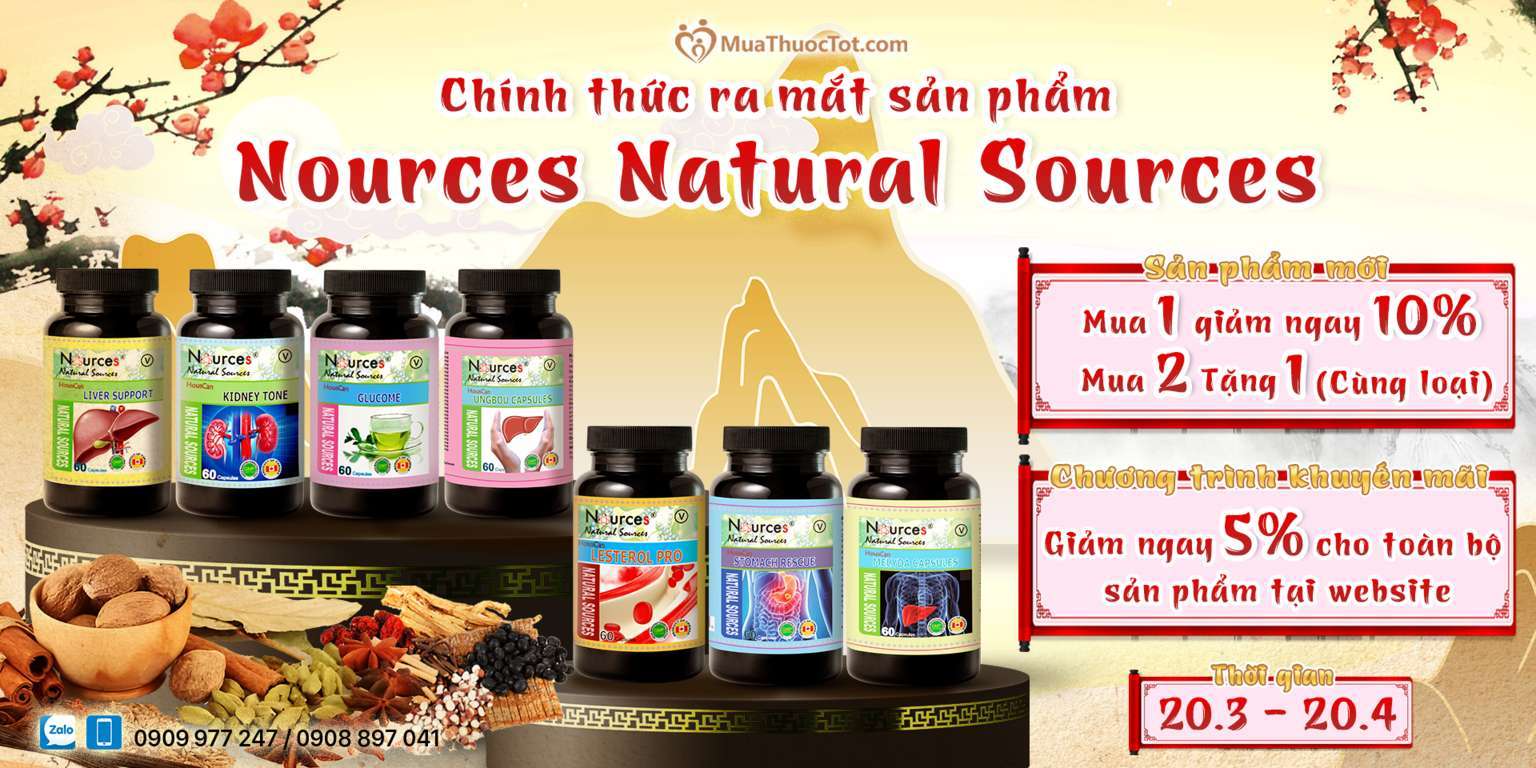-
 Thanh toán đa dạng, linh hoạtChuyển khoản ngân hàng, thanh toán tại nhà...
Thanh toán đa dạng, linh hoạtChuyển khoản ngân hàng, thanh toán tại nhà... -
 Miễn Phí vận chuyển 53 tỉnh thànhMiễn phí vận chuyển đối với đơn hàng trên 1 triệu
Miễn Phí vận chuyển 53 tỉnh thànhMiễn phí vận chuyển đối với đơn hàng trên 1 triệu -
 Yên Tâm mua sắmHoàn tiền trong vòng 7 ngày...
Yên Tâm mua sắmHoàn tiền trong vòng 7 ngày...
Nutraceutical and Functional Food Processing Technology (IFST Advances in Food Science)
-

- Mã sản phẩm: 1118504941
- (0 nhận xét)

- Publisher:Wiley-Blackwell; 1st edition (January 27, 2015)
- Language:English
- Hardcover:400 pages
- ISBN-10:1118504941
- ISBN-13:978-1118504949
- Item Weight:2.08 pounds
- Dimensions:7.15 x 0.9 x 9.95 inches
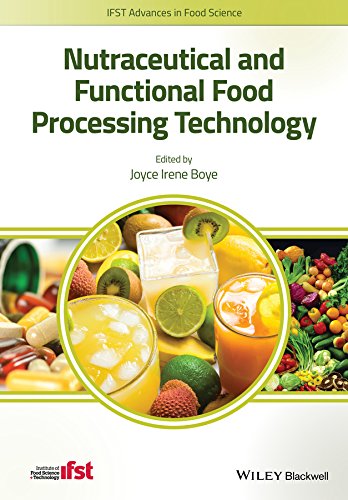
Tính năng sản phẩm
• Highlight, take notes, and search in the book• In this edition, page numbers are just like the physical editionMô tả sản phẩm
Product Description
For several years, the food industry has been interested in identifying components in foods which have health benefits to be used in the development of functional food and nutraceutical products. Examples of these ingredients include fibre, phytosterols, peptides, proteins, isoflavones, saponins, phytic acid, probiotics, prebiotics and functional enzymes. Although much progress has been made in the identification, extraction and characterisation of these ingredients, there remains a need for ready and near-market platform technologies for processing these ingredients into marketable value-added functional food and nutraceutical products. This book looks at how these ingredients can be effectively incorporated into food systems for market, and provides practical guidelines on how challenges in specific food sectors (such as health claims and marketing) can be addressed during processing.
Nutraceutical and Functional Food Processing Technology is a comprehensive overview of current and emerging trends in the formulation and manufacture of nutraceutical and functional food products. It highlights the distinctions between foods falling into the nutraceutical and functional food categories. Topics include sustainable and environmentally–friendly approaches to the production of health foods, guidelines and regulations, and methods for assessing safety and quality of nutraceutical and functional food products. Specific applications of nutraceuticals in emulsion and salad dressing food products, beverages and soft drinks, baked goods, cereals and extruded products, fermented food products are covered, as are novel food proteins and peptides, and methods for encapsulated nutraceutical ingredients and packaging. The impact of processing on the bioactivity of nutraceutical ingredients, allergen management and the processing of allergen-free foods, health claims and nutraceutical food product commercialization are also discussed.
Nutraceutical and Functional Food Processing Technology is a comprehensive source of practical approaches that can be used to innovate in the nutraceutical and health food sectors. Fully up-to-date and relevant across various food sectors, the book will benefit both academia and industry personnel working in the health food and food processing sectors.
From the Inside Flap
For several years, the food industry has been interested in identifying components in foods which have health benefits to be used in the development of functional food and nutraceutical products. Examples of these ingredients include fibre, phytosterols, peptides, proteins, isoflavones, saponins, phytic acid, probiotics, prebiotics and functional enzymes. Although much progress has been made in the identification, extraction and characterisation of these ingredients, there remains a need for ready and near-market platform technologies for processing these ingredients into marketable value-added functional food and nutraceutical products. This book looks at how these ingredients can be effectively incorporated into food systems for market, and provides practical guidelines on how challenges in specific food sectors (such as health claims and marketing) can be addressed during processing.
Nutraceutical and Functional Food Processing Technology is a comprehensive overview of current and emerging trends in the formulation and manufacture of nutraceutical and functional food products. It highlights the distinctions between foods falling into the nutraceutical and functional food categories. Topics include sustainable and environmentally–friendly approaches to the production of health foods, guidelines and regulations, and methods for assessing safety and quality of nutraceutical and functional food products. Specific applications of nutraceuticals in emulsion and salad dressing food products, beverages and soft drinks, baked goods, cereals and extruded products, fermented food products are covered, as are novel food proteins and peptides, and methods for encapsulated nutraceutical ingredients and packaging. The impact of processing on the bioactivity of nutraceutical ingredients, allergen management and the processing of allergen-free foods, health claims and nutraceutical food product commercialization are also discussed.
Nutraceutical and Functional Food Processing Technology is a comprehensive source of practical approaches that can be used to innovate in the nutraceutical and health food sectors. Fully up-to-date and relevant across various food sectors, the book will benefit both academia and industry personnel working in the health food and food processing sectors.
From the Back Cover
For several years, the food industry has been interested in identifying components in foods which have health benefits to be used in the development of functional food and nutraceutical products. Examples of these ingredients include fibre, phytosterols, peptides, proteins, isoflavones, saponins, phytic acid, probiotics, prebiotics and functional enzymes. Although much progress has been made in the identification, extraction and characterisation of these ingredients, there remains a need for ready and near-market platform technologies for processing these ingredients into marketable value-added functional food and nutraceutical products. This book looks at how these ingredients can be effectively incorporated into food systems for market, and provides practical guidelines on how challenges in specific food sectors (such as health claims and marketing) can be addressed during processing.
Nutraceutical and Functional Food Processing Technology is a comprehensive overview of current and emerging trends in the formulation and manufacture of nutraceutical and functional food products. It highlights the distinctions between foods falling into the nutraceutical and functional food categories. Topics include sustainable and environmentally–friendly approaches to the production of health foods, guidelines and regulations, and methods for assessing safety and quality of nutraceutical and functional food products. Specific applications of nutraceuticals in emulsion and salad dressing food products, beverages and soft drinks, baked goods, cereals and extruded products, fermented food products are covered, as are novel food proteins and peptides, and methods for encapsulated nutraceutical ingredients and packaging. The impact of processing on the bioactivity of nutraceutical ingredients, allergen management and the processing of allergen-free foods, health claims and nutraceutical food product commercialization are also discussed.
Nutraceutical and Functional Food Processing Technology is a comprehensive source of practical approaches that can be used to innovate in the nutraceutical and health food sectors. Fully up-to-date and relevant across various food sectors, the book will benefit both academia and industry personnel working in the health food and food processing sectors.
About the Author
Joyce Irene Boye is a Senior Research Scientist at the Food Research and Development Centre of Agriculture and Agri-Food Canada in St. Hyacinthe, Quebec and an Adjunct Professor at the Department of Bioresources Engineering, McGill University (Montreal, Canada) and the Department of Food Science and Nutrition, University of Laval, (Quebec, Canada).
- Mua astaxanthin uống có tốt không? Mua ở đâu? 29/10/2018
- Saffron (nhụy hoa nghệ tây) uống như thế nào cho hợp lý? 29/09/2018
- Saffron (nghệ tây) làm đẹp như thế nào? 28/09/2018
- Giải đáp những thắc mắc về viên uống sinh lý Fuji Sumo 14/09/2018
- Công dụng tuyệt vời từ tinh chất tỏi với sức khỏe 12/09/2018
- Mua collagen 82X chính hãng ở đâu? 26/07/2018
- NueGlow mua ở đâu giá chính hãng bao nhiêu? 04/07/2018
- Fucoidan Chính hãng Nhật Bản giá bao nhiêu? 18/05/2018
- Top 5 loại thuốc trị sẹo tốt nhất, hiệu quả với cả sẹo lâu năm 20/03/2018
- Footer chi tiết bài viết 09/03/2018
- Mã vạch không thể phân biệt hàng chính hãng hay hàng giả 10/05/2023
- Thuốc trắng da Ivory Caps chính hãng giá bao nhiêu? Mua ở đâu? 08/12/2022
- Nên thoa kem trắng da body vào lúc nào để đạt hiệu quả cao? 07/12/2022
- Tiêm trắng da toàn thân giá bao nhiêu? Có an toàn không? 06/12/2022
- Top 3 kem dưỡng trắng da được ưa chuộng nhất hiện nay 05/12/2022
- Uống vitamin C có trắng da không? Nên uống như thế nào? 03/12/2022
- [email protected]
- Hotline: 0909977247
- Hotline: 0908897041
- 8h - 17h Từ Thứ 2 - Thứ 7
Đăng ký nhận thông tin qua email để nhận được hàng triệu ưu đãi từ Muathuoctot.com
Tạp chí sức khỏe làm đẹp, Kem chống nắng nào tốt nhất hiện nay Thuoc giam can an toan hiện nay, thuoc collagen, thuoc Dong trung ha thao , thuoc giam can LIC, thuoc shark cartilage thuoc collagen youtheory dau ca omega 3 tot nhat, dong trung ha thao aloha cua my, kem tri seo hieu qua, C ollagen shiseido enriched, và collagen shiseido dạng viên , Collagen de happy ngăn chặn quá trình lão hóa, mua hang tren thuoc virility pills vp-rx tri roi loan cuong duong, vitamin e 400, dieu tri bang thuoc fucoidan, kem chống nhăn vùng mắt, dịch vụ giao hang nhanh nội thành, crest 3d white, fine pure collagen, nên mua collagen shiseido ở đâu, làm sáng mắt, dịch vụ cho thue kho lẻ tại tphcm, thực phẩm tăng cường sinh lý nam, thuoc prenatal bổ sung dinh dưỡng, kem đánh răng crest 3d white, hỗ trợ điều trị tim mạch, thuốc trắng da hiệu quả giúp phục hồi da. thuốc mọc tóc biotin
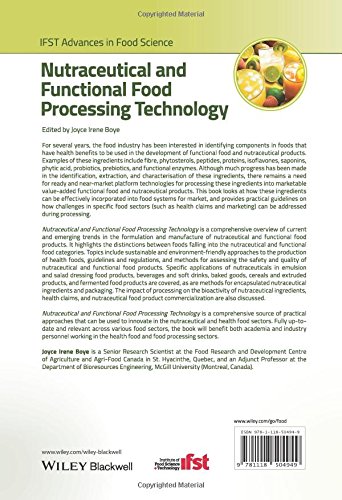
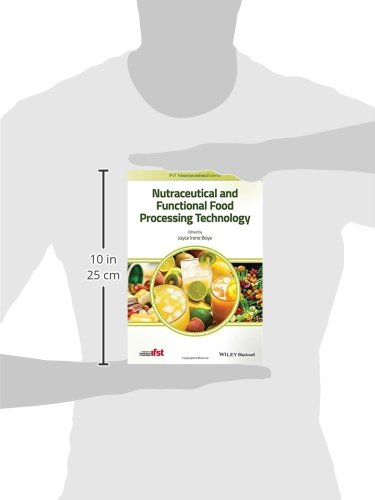
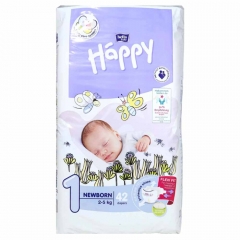
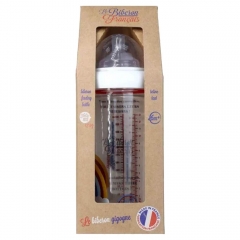


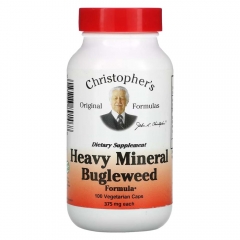


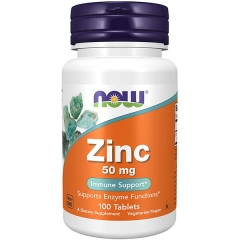
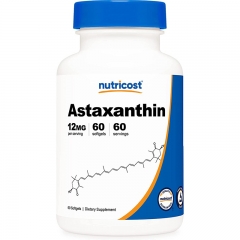
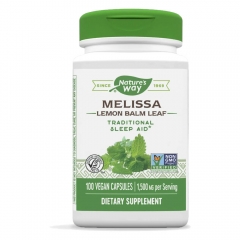
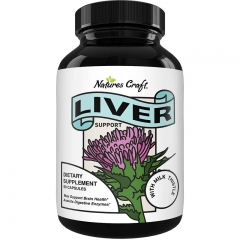
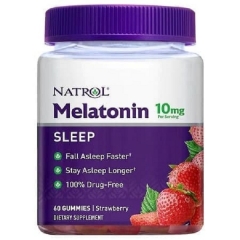


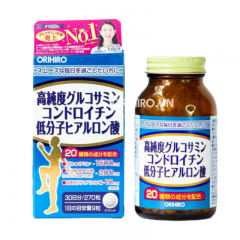
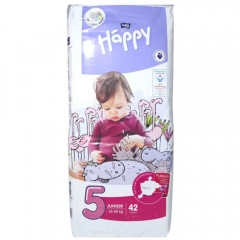
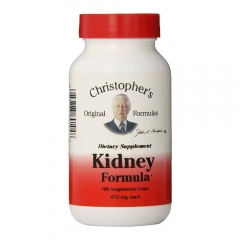






 KHUYẾN MÃI LỚN
KHUYẾN MÃI LỚN Hỗ Trợ Xương Khớp
Hỗ Trợ Xương Khớp Bổ Não & Tăng cường Trí Nhớ
Bổ Não & Tăng cường Trí Nhớ Bổ Sung Collagen & Làm Đẹp
Bổ Sung Collagen & Làm Đẹp Bổ Thận, Mát Gan & Giải Độc
Bổ Thận, Mát Gan & Giải Độc Chăm Sóc Sức khỏe Nam Giới
Chăm Sóc Sức khỏe Nam Giới Chăm Sóc Sức khỏe Nữ Giới
Chăm Sóc Sức khỏe Nữ Giới Chăm sóc Sức khỏe Trẻ Em
Chăm sóc Sức khỏe Trẻ Em Thực Phẩm Giảm Cân, Ăn Kiêng
Thực Phẩm Giảm Cân, Ăn Kiêng Bổ Sung Vitamin & Khoáng Chất
Bổ Sung Vitamin & Khoáng Chất Bổ Tim Mạch, Huyết Áp & Mỡ Máu
Bổ Tim Mạch, Huyết Áp & Mỡ Máu Bổ Mắt & Tăng cường Thị lực
Bổ Mắt & Tăng cường Thị lực Điều Trị Tai Mũi Họng
Điều Trị Tai Mũi Họng Sức Khỏe Hệ Tiêu hóa
Sức Khỏe Hệ Tiêu hóa Chăm Sóc Răng Miệng
Chăm Sóc Răng Miệng Chống Oxy Hóa & Tảo Biển.
Chống Oxy Hóa & Tảo Biển.